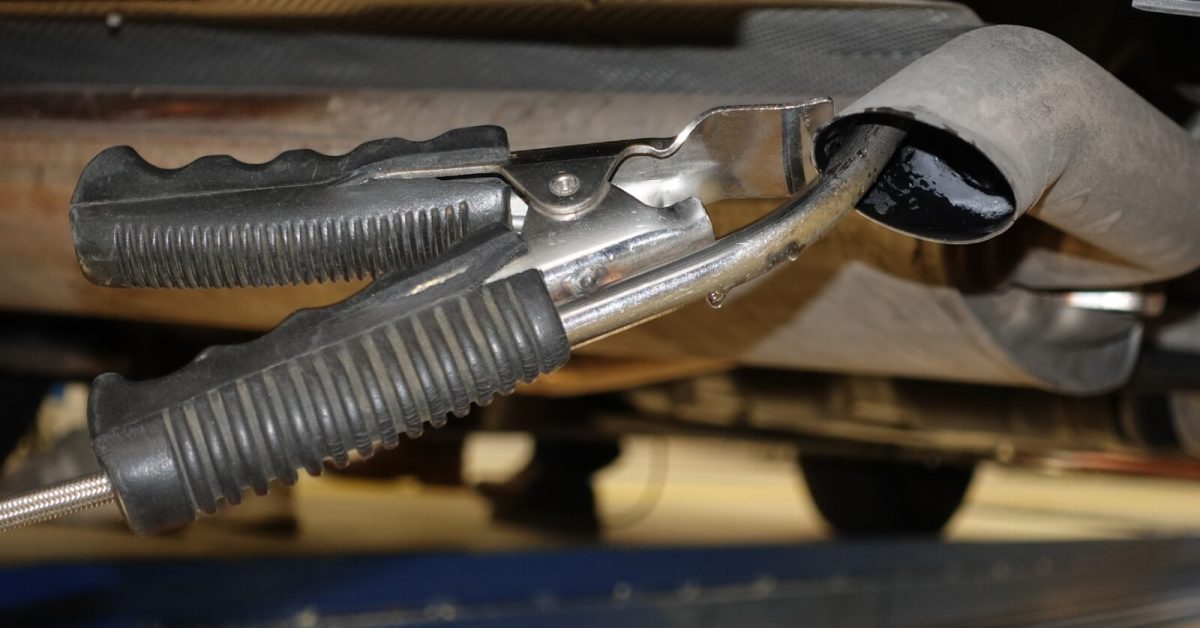When it comes to maintaining the performance and efficiency of our vehicles, understanding emissions and their impact is crucial. Vehicle emissions are not just about environmental concerns, they also directly affect how well our engines run and how much we spend on fuel and repairs. If left unchecked, emission problems can lead to serious vehicle issues and increased emissions that harm the environment. That’s why addressing emission repairs promptly is essential. In this article, we’ll explore how emissions affect vehicle performance, why emission repairs are necessary, and how you can ensure your car remains in top condition with the right repair services.
What Are Vehicle Emissions and Why Should You Be Concerned?
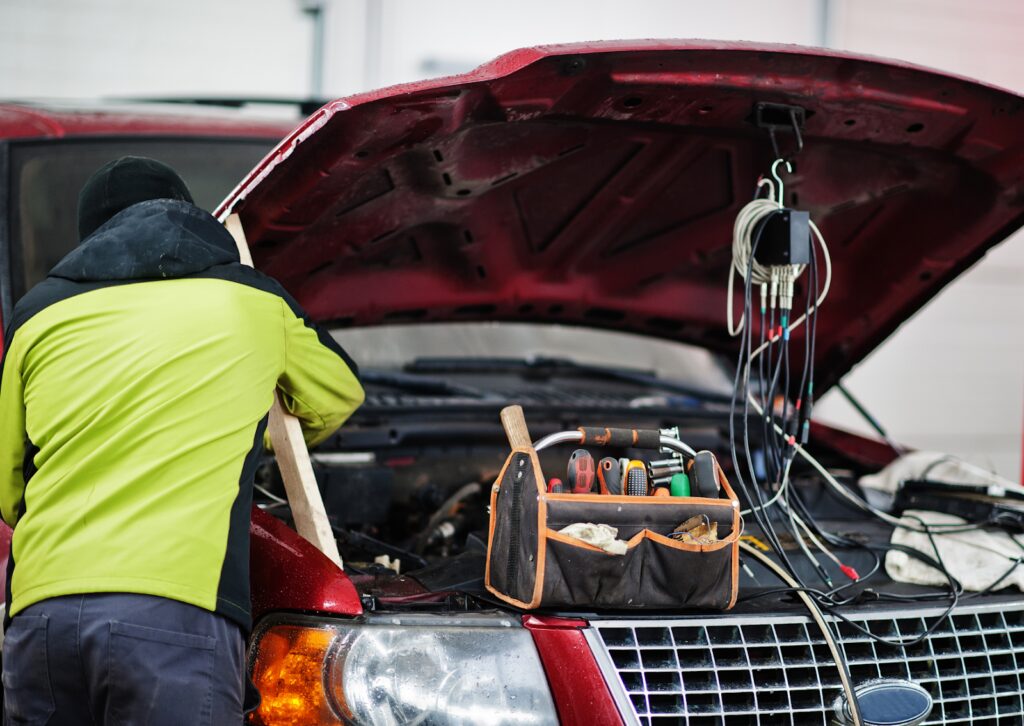
Vehicle emissions refer to the gases and particles released from the exhaust of cars and trucks. These emissions can contribute to air pollution and negatively affect the environment and public health. Emissions primarily result from the combustion of fuel within the engine, releasing pollutants like carbon monoxide, hydrocarbons, and nitrogen oxides.
While emissions are an unavoidable byproduct of driving, properly maintaining your vehicle’s emission system helps reduce harmful pollutants. Over time, if left unchecked, emission issues can lead to more significant engine problems and decreased vehicle efficiency.
How Do Emissions Affect Your Vehicle’s Performance?

When the emission system isn’t functioning correctly, it can cause various performance issues. A malfunctioning system leads to poor fuel economy, reduced power, and increased exhaust emissions. Additionally, untreated emission problems can strain the engine, resulting in more costly vehicle repairs over time.
If you notice unusual smoke, decreased acceleration, or a persistent check engine light, it’s time to consider emission repairs. Prompt action can prevent minor issues from escalating into major repair needs.
What Is the Importance of Regular Emission Repairs?

Regular emission repairs are crucial for maintaining your vehicle’s performance and reducing its environmental impact. When parts of the emission system become faulty, they fail to filter harmful gases effectively, releasing more pollutants into the atmosphere.
Moreover, vehicles with unresolved emissions issues are likely to fail state-required emissions tests. By scheduling emission repair services promptly, you ensure your car meets legal requirements and runs efficiently. Facilities like Metric Motors offer expert services to handle such repairs, ensuring your vehicle remains compliant and environmentally friendly.
How Do Emission Systems Work in Modern Vehicles?
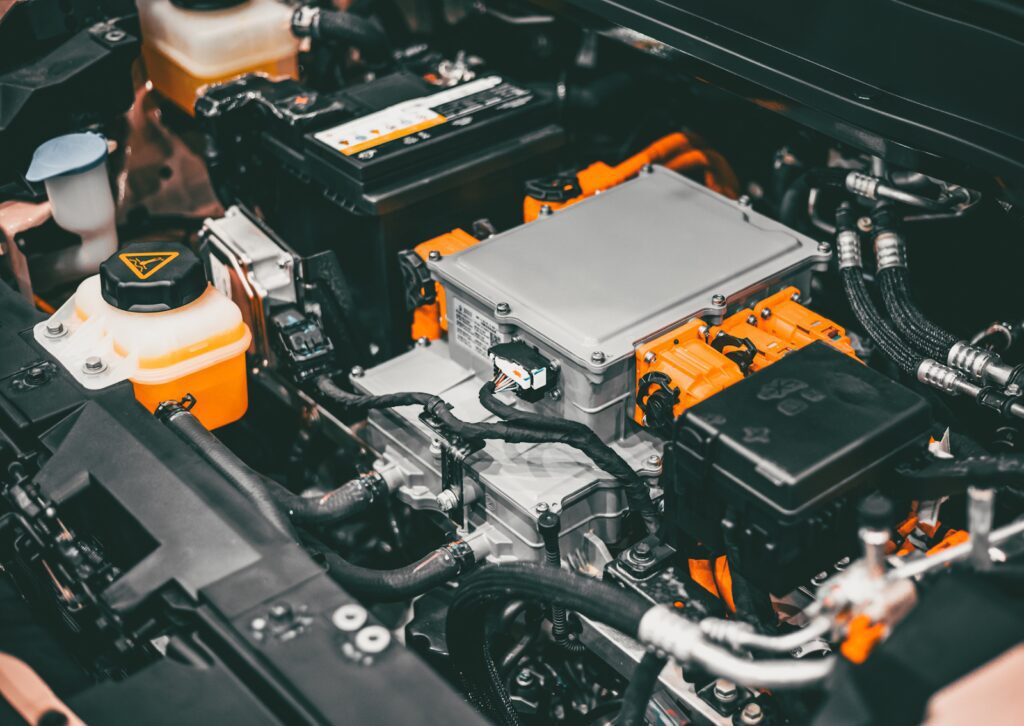
The emission system in modern vehicles is designed to minimize the number of pollutants released.
-
Exhaust Manifold: Collects gases from the engine’s cylinders and directs them into the exhaust system.
-
Oxygen Sensors: Monitor the oxygen levels in the exhaust gases and send data to the engine control module to optimize the air-fuel ratio.
-
Catalytic Converter: Converts harmful gases like carbon monoxide into less harmful emissions.
-
Muffler: Reduces noise from the exhaust system while helping to control emissions.
Proper maintenance of these components ensures that the vehicle’s emission levels remain within acceptable limits.
What Are the Common Signs Your Vehicle Needs Emission Repairs?
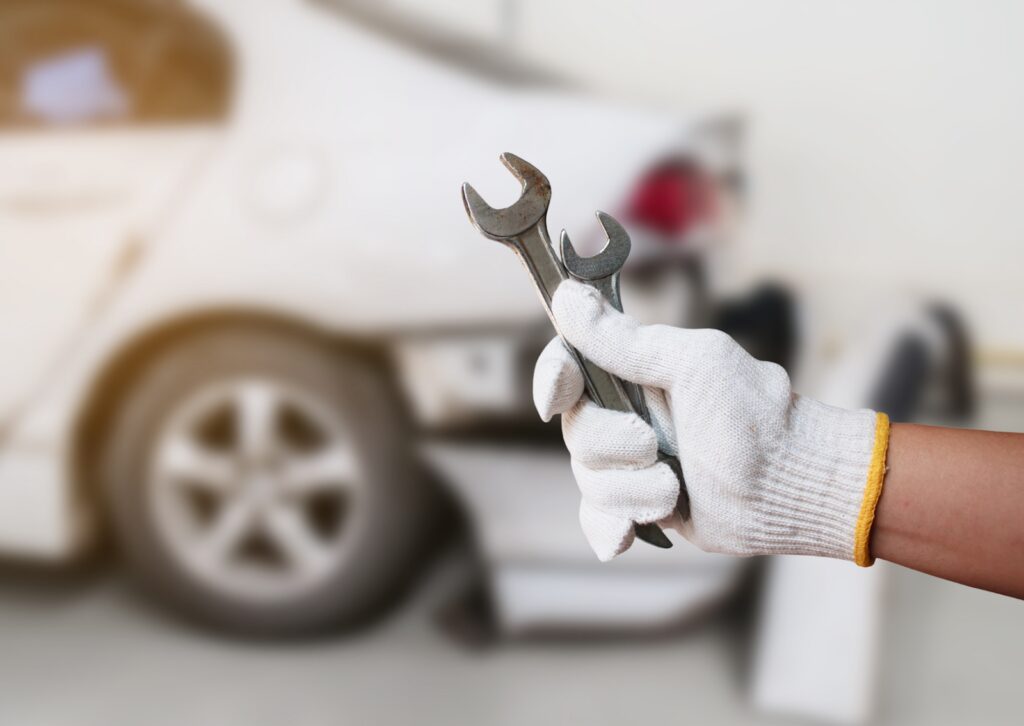
Understanding the warning signs of emission system problems can save you from expensive repairs.
-
Persistent check engine light.
-
Reduced fuel efficiency.
-
Unusual exhaust smoke or smells.
-
Difficulty in passing emissions tests.
-
Engine misfires or performance issues.
Ignoring these signs may lead to more severe problems, such as engine damage or costly component replacements. Trusting certified professionals like Metric Motors for early diagnosis can help avoid major issues.
How Do Certified Facilities Handle Emission Repairs?

When you visit a certified repair center for emission repair services, you can expect a thorough process. These facilities use specialized diagnostic tools to pinpoint issues in the emission system. The process includes diagnostic testing, system inspection, repair or replacement of faulty components, and post-repair testing to ensure compliance with emission standards.
Why Is Exhaust System Maintenance Crucial for Emission Control?
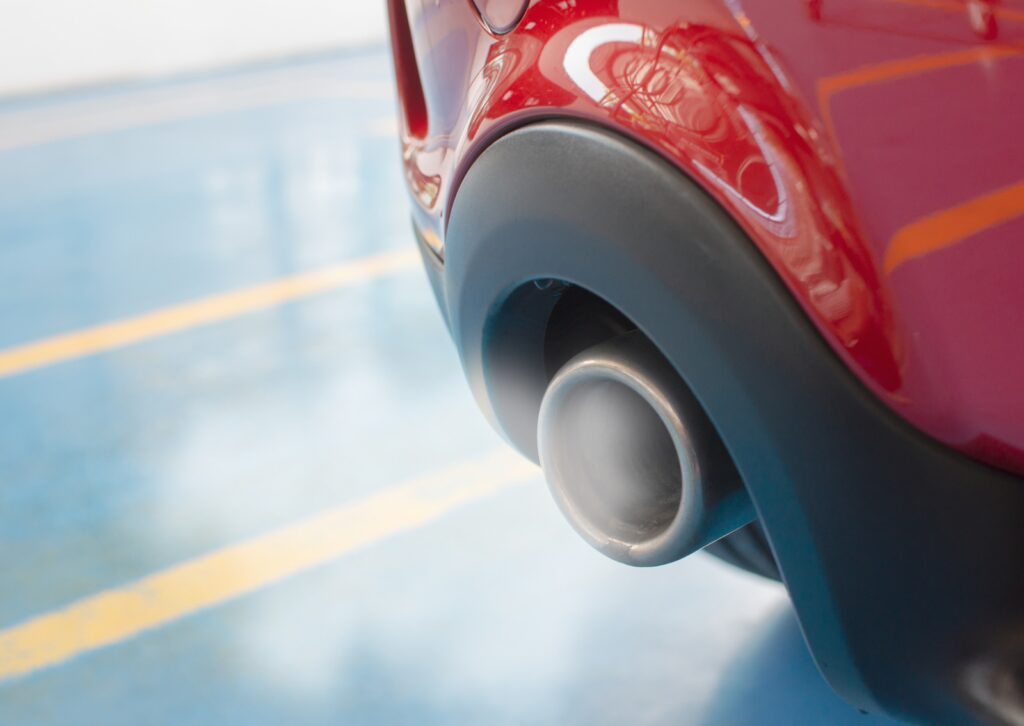
The exhaust system is integral to managing your car’s emissions. It channels harmful gases away from the engine and reduces pollutants through catalytic converters and mufflers. Routine maintenance is essential to prevent leaks, blockages, and inefficiencies. Neglecting this vital system can result in significant damage and more frequent repairs. Regular inspections and timely replacement of worn-out components are recommended.
What Types of Emission Repair Services Should You Consider?
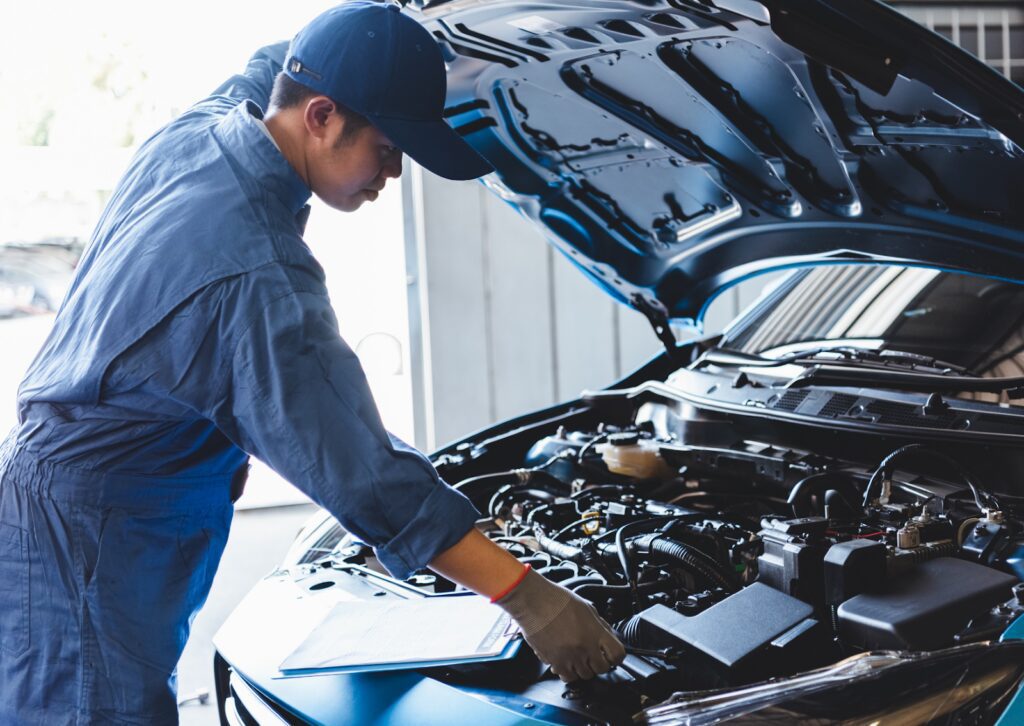
Emission repair services cover a wide range of issues, including oxygen sensor replacement, catalytic converter repairs, exhaust leak repairs, emission system diagnostics, and regular inspections. Facilities offering these services, like Metric Motors, ensure comprehensive solutions for all emission repair needs.
How Can Regular Maintenance Prevent Costly Emission Repairs?
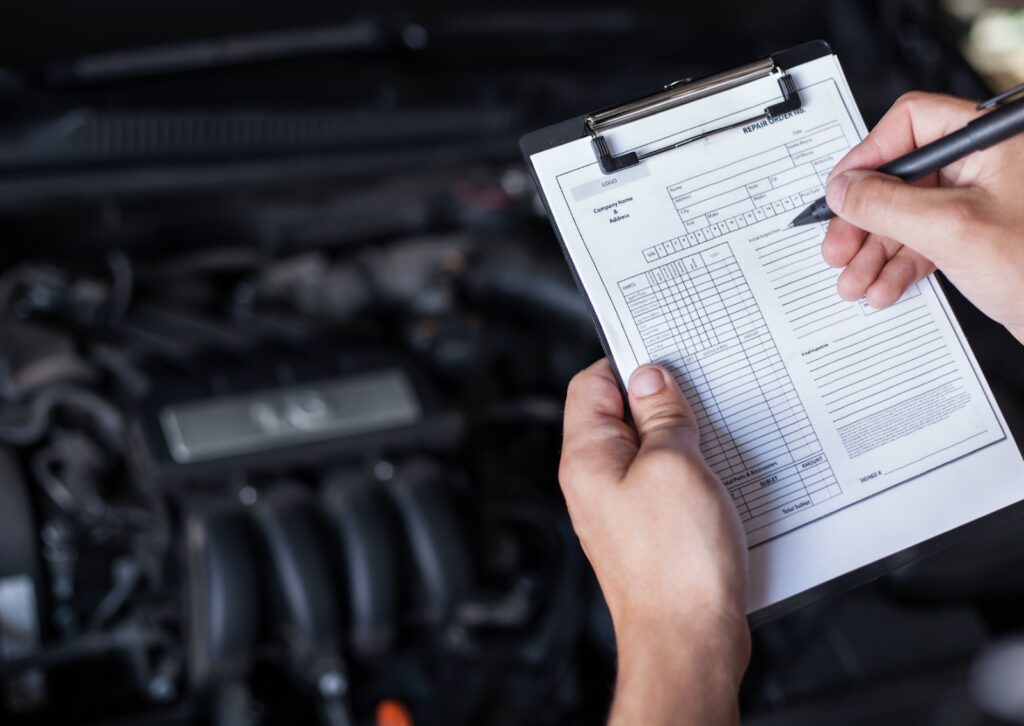
Consistent maintenance is the most effective way to prevent expensive emission repairs. Regular oil changes, replacing air filters, and ensuring the fuel system is clean can extend the life of emission components. Adhering to these practices helps maintain your vehicle’s emission system, reducing the need for extensive repairs in the future.
What Tests Are Involved in Emission Repair Services?

During emission repair services, mechanics perform several tests to assess the system’s health, such as on-board diagnostics (OBD-II) tests, visual inspections, and tailpipe tests. These tests ensure accurate identification of problems, enabling timely and effective repairs.
How Can You Find the Right Emission Repair Center for Your Vehicle?

Finding the right emission repair center involves considering several factors like choosing certified facilities, reading customer testimonials, and verifying the use of modern diagnostic equipment. Selecting experienced experts ensures your vehicle receives the best care, keeping it efficient and compliant with emission standards.
Ready to Address Your Emission Repairs? Here’s What to Do Next!

Don’t wait until a minor emission issue becomes a significant vehicle repair problem. Schedule an emissions test today and ensure your vehicle is running efficiently and safely.
At Metric Motors, we’re emissions experts committed to providing top-notch emission repair services. Our certified technicians use advanced tools to diagnose and resolve emission issues promptly.
Contact our center today to book your appointment and keep your vehicle performing at its best. Whether it’s a routine check or a complex repair, we’ve got you covered!
Final Thoughts
We understand how vital it is to keep your vehicle running smoothly while reducing environmental impact. By addressing emission repairs early and choosing the right professionals, you protect your engine, extend the life of your car, and contribute to a cleaner world.
Trust our team at Metric Motors for reliable, efficient, and certified emission repair services. Let’s keep your car in top shape together!
Frequently Asked Questions:
What are vehicle emissions?
Vehicle emissions are gases and particles released from the exhaust of cars, mainly due to the combustion of fuel in the engine. They include pollutants like carbon monoxide, hydrocarbons, and nitrogen oxides.
Why are emission repairs necessary?
Emission repairs are essential to maintain vehicle efficiency, reduce harmful pollutants, and ensure compliance with environmental standards. Prompt repairs can prevent more serious engine problems.
How do emissions affect vehicle performance?
High emissions can reduce fuel efficiency, lead to poor engine performance, and cause issues like increased exhaust smoke, unusual smells, or reduced acceleration.
What are the common signs my vehicle needs emission repairs?
Watch out for warning signs such as a persistent check engine light, decreased fuel efficiency, unusual exhaust odors, and trouble passing emissions tests.
How does the emission system work in a vehicle?
The emission system includes components like the exhaust manifold, oxygen sensors, catalytic converters, and mufflers. These parts work together to reduce harmful gases and ensure efficient fuel combustion.
What tests are performed during emission repair services?
Mechanics conduct tests like OBD-II diagnostics, visual inspections, and tailpipe emission tests to identify and resolve issues within the emission system.
How can regular maintenance help prevent emission repairs?
Routine maintenance, including regular oil changes, air filter replacements, and fuel system checks, can prevent costly emission problems and extend the life of the emission system.
Why is the exhaust system crucial for controlling emissions?
The exhaust system helps direct and filter harmful gases from the engine. Regular maintenance of this system prevents leaks, ensures efficiency, and reduces pollutant emissions.
How do certified facilities handle emission repairs?
Certified repair centers conduct diagnostic testing, inspect the emission system, repair or replace faulty parts, and perform post-repair tests to ensure emission standards are met.
How can I find a reliable emission repair center?
Look for a certified repair facility with modern diagnostic tools, read customer reviews, and ensure they offer comprehensive emission repair services for optimal results.

